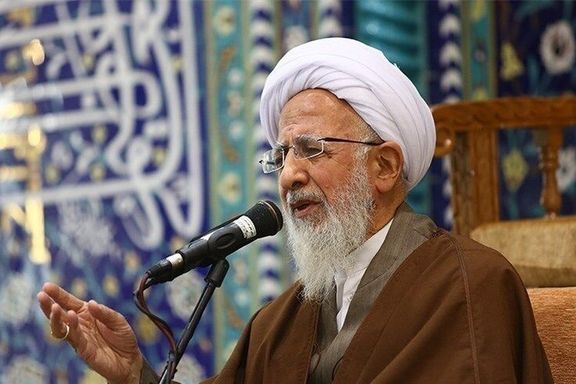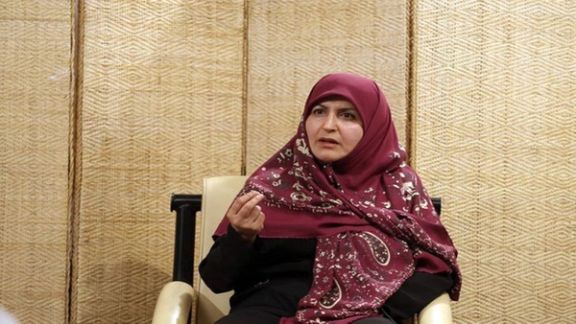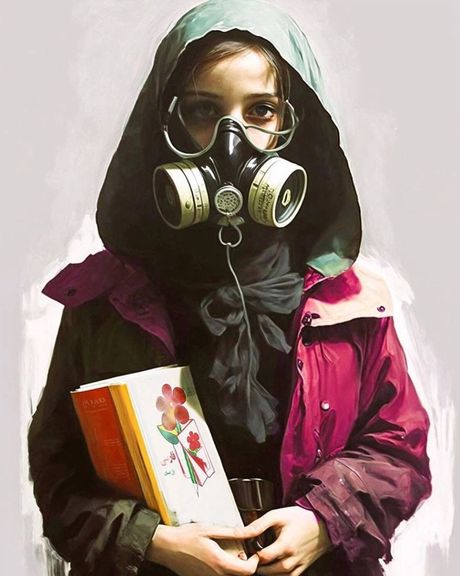Clerics, Politicians Slam Government Inaction In Iran Gas Attacks

A few political figures across the Iranian political spectrum have condemned chemical attacks on hundreds of female students in several cities in Iran.

A few political figures across the Iranian political spectrum have condemned chemical attacks on hundreds of female students in several cities in Iran.
Government officials and most lawmakers are still either silent or making vague statements about the attacks often denying that they represent a serious danger to thousands of students.
Meanwhile, a seasoned journalist and lecturer on media has criticized state officials and the media for their inaction in the face of the criminal attacks.
Prominent conservative cleric Abdollah Javadi Amoli said in a meeting with the Minister of education on Thursday that "It is horrendous that officials have not pinpointed the origin of the attacks after three months since the students were gassed in Qom in October. He warned the minister that people will judge officials based on what they do rather than what they say.

Probably pointing out allegations about government forces being involved in the gas attacks, the cleric said military power works in the war front, but what works at schools is education. You cannot correct people's behavior using weapons.
Meanwhile, former reformist lawmaker Tayebeh Siavashi also said in an interview with Etemad Online that it is still not known why the government has not informed the media and the public of the results of toxicological reports. She said the officials behave in a way as if they have just woken up now and found out about the gas attacks.
She also criticized the government for keeping silent about the attacks until they became so widespread that everyone found out about them.

Another cleric and former Reformist lawmaker Ahmad Mazani said in an interview with Rouydad24: "Fanatics in the pre-Islamic period buried girls alive. Gas attacks on girls in modern times is another way of expressing opposition to women's presence in the society." He added that attacks are at the same time a psychological warfare against women and their families to dissuade them from sending their daughters to school.
Mazani also criticized officials for their silence about the attacks for a long time after they started. This is an important issue and Iranian families are deeply worried about it, so, the government should begin news dissemination about the attacks. Mazani added that the government should apologize to the nation for its silence. He also called on top clerics to speak out in the face of fanatic behavior and the advocacy of religious extremist and Taliban-like ideology in Iran.
In another development, prominent journalist and lecturer on journalism Fereydoun Sedighi in an interview with Khabar Online harshly criticized the government media and state officials for their inaction and wrong behavior. However, he added that media in Iran are no longer the people's point of reference for news because they have always published or broadcast official jargon about various developments.

Sedighi charged that not only Iranian officials are not accountable for what they say and do, they also fuel controversy with their irresponsible statements. There have been so many cases of chemical attacks on female students during the past three months, but the officials kept silent for a long time, and now that they have started to talk, they mainly deny what people have seen and what happened to their children.
As Iran International's Morad Veisi said in a news program about the role and performance of the Islamic Republic's security organizations in the gas attacks: "Either the Islamic Republic's 17 security and intelligence organizations are inept and inefficient and have failed to find the perpetrators of the attacks, or the government and its intelligence services know about them, approve of them and are happy about them."